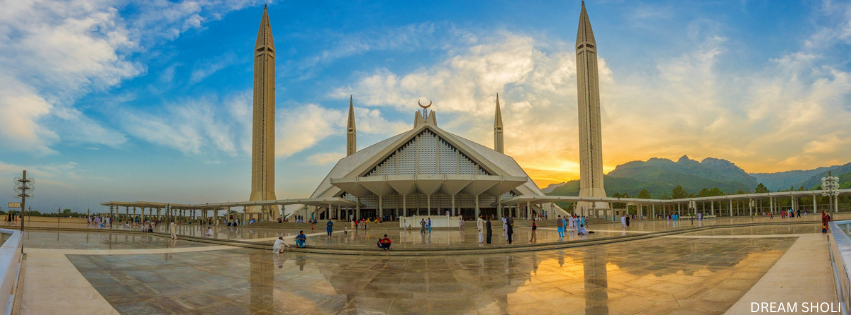
A country in South Asia, is rich in history, diverse landscapes, and a vibrant cultural heritage. Spanning from the bustling cities to the serene countryside, Pakistan offers a mix of modern life and traditional values. The nation’s historical roots are deep, going back to ancient civilizations like the Indus Valley, whose remnants can still be found in sites like Mohenjo-Daro and Harappa. Throughout history, various dynasties and empires, including the Mughals, have left an indelible mark on Pakistan’s architecture, art, and traditions. This heritage is evident in the intricate designs of Mughal-era monuments, such as the Badshahi Mosque in Lahore and the iconic Minar-e-Pakistan. The people of Pakistan are known for their hospitality, resilience, and cultural pride. Festivals like Eid-ul-Fitr and Eid-ul-Adha are celebrated nationwide, fostering a sense of unity, while regional festivals such as Basant (spring festival in Punjab) and Shandur Polo Festival (a high-altitude polo tournament in Gilgit-Baltistan) highlight the diversity of Pakistan’s traditions. Despite facing challenges, Pakistan’s entrepreneurial spirit is on the rise, with many startups and small businesses contributing to the nation’s economic landscape. Major cities like Karachi, Lahore, and Islamabad serve as cultural and financial hubs, each with its unique character. With its diverse geography, rich culture, and historical significance, Pakistan offers a unique experience for travelers and locals alike. Whether exploring ancient ruins, trekking through majestic mountains, or savoring its famous cuisine, Pakistan is a country with much to discover and celebrate.
Pakistan’s climate varies significantly across its regions due to its diverse topography, resulting in a range of weather patterns from north to south. The northern areas, especially in Gilgit-Baltistan and Khyber Pakhtunkhwa, experience cold winters with heavy snowfall in mountainous regions, making them popular destinations for winter sports enthusiasts. Summers here remain mild due to the higher altitudes, creating pleasant conditions for trekking and sightseeing. In contrast, the plains of Punjab and Sindh experience extreme heat during the summer, with temperatures often soaring above 40°C . Winters in these areas are mild, particularly in Punjab, though the region may occasionally experience dense fog, impacting visibility and transportation. Pakistan also experiences a monsoon season from July to September, bringing much-needed rainfall, especially to the agricultural plains of Punjab and Sindh. This seasonal rain boosts agriculture but can sometimes lead to flooding in low-lying areas. Overall, Pakistan’s weather is as varied as its landscape, offering everything from snow-capped peaks to warm, sunny beaches.
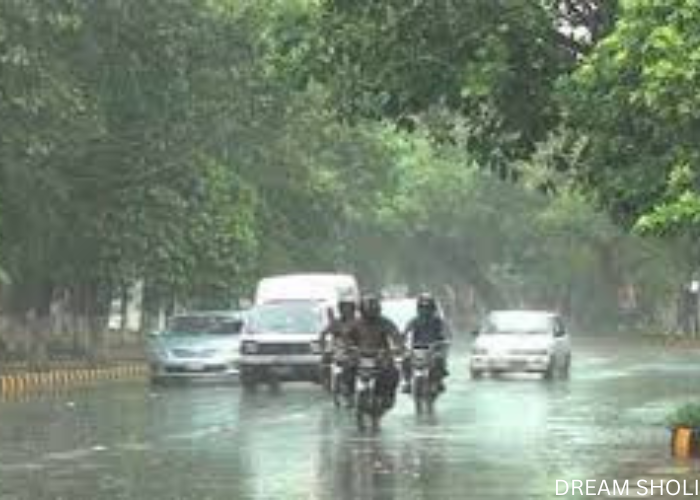
Pakistan celebrates its history and traditions with a strong sense of pride. The country is home to a blend of ethnic groups, including Punjabis, Sindhis, Baloch, and Pashtuns, each with distinct languages, customs, and folk art. Traditional clothing, like the shalwar kameez, reflects both regional and religious identity, while festivals such as Eid al-Fitr and Eid al-Adha are celebrated nationwide with vibrant gatherings, prayers, and feasts. The Pakistani art scene, especially poetry, calligraphy, and music, plays an important role in daily life. Poetry readings (mushairas) and music genres such as qawwali and folk songs have a deep cultural resonance, connecting people to their heritage. Known for their hospitality, Pakistanis take pride in welcoming guests with warmth and generosity, often expressing this hospitality through food and shared stories. Pakistani cuisine is a rich blend of flavors, drawing influences from South Asia, Central Asia, and the Middle East. Each region boasts its own specialties, from the spicy, grilled kebabs of Punjab to the rice-based dishes like Biryani and Pulao that are staples across the country.
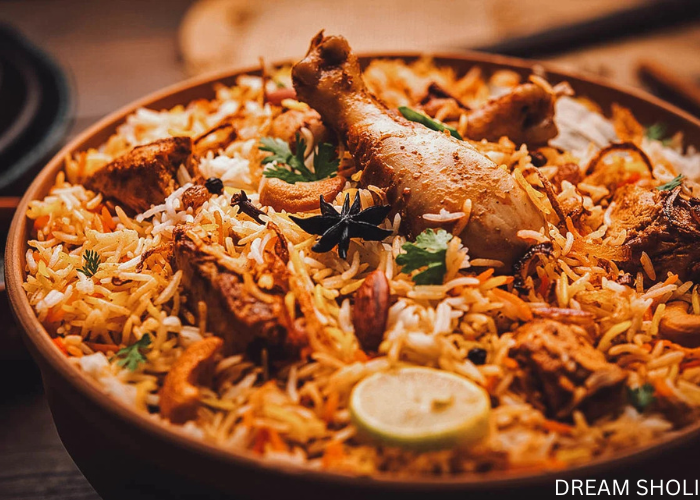
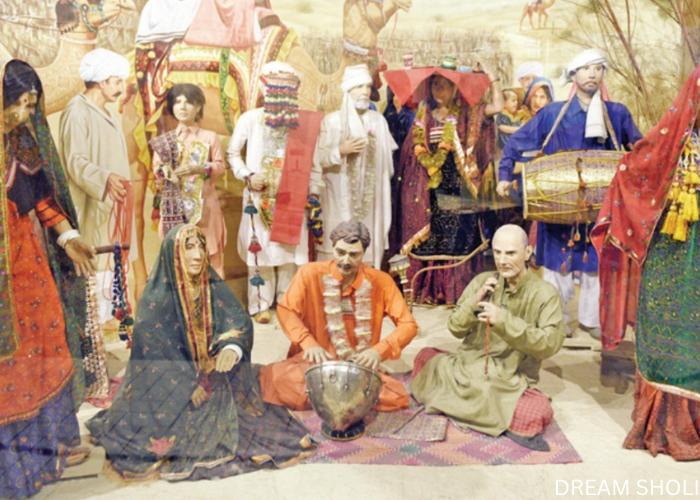
one of the most populous urban centers in the world, serves as the country’s economic and financial powerhouse. Situated on the southern coast along the Arabian Sea, Karachi boasts a diverse and vibrant culture, shaped by its status as a melting pot of various ethnicities and communities, including Sindhis, Muhajirs, Punjabis, and Pashtuns. This rich cultural tapestry is reflected in the city’s festivals, traditions, and culinary offerings, making Karachi a lively and dynamic place to experience Pakistani culture. Karachi’s food scene is renowned across the country, offering a wide array of culinary delights that range from traditional Pakistani dishes to international cuisine. Street food is a significant aspect of the city’s culinary culture, with popular items like bun kebabs, chaat, and kebabs widely available at roadside stalls and bustling markets. The city’s skyline is adorned with modern high-rises, alongside historical landmarks such as the Quaid-e-Azam’s Mausoleum, which honors the founder of Pakistan, Muhammad Ali Jinnah. Other notable sites include the vibrant Saddar Market, the stunning Mohatta Palace, and the iconic Clifton Beach, which attracts both locals and tourists seeking leisure and entertainment.
Jinnah International Airport (KHI), named after the founder of Pakistan, is the busiest airport in the country, serving as a major gateway for both domestic and international travelers. Located in the heart of Karachi, the airport offers extensive connectivity with flights to destinations in the Middle East, Europe, North America, and various cities across Pakistan. With three passenger terminals, Jinnah International Airport handles millions of passengers annually, making it a vital hub for business, tourism, and trade.
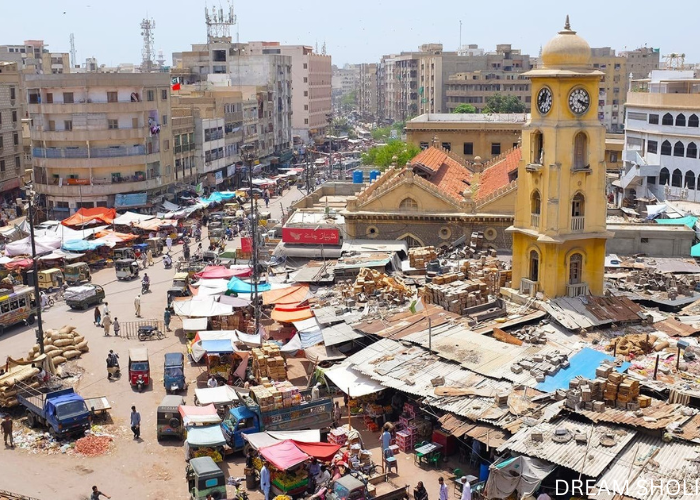
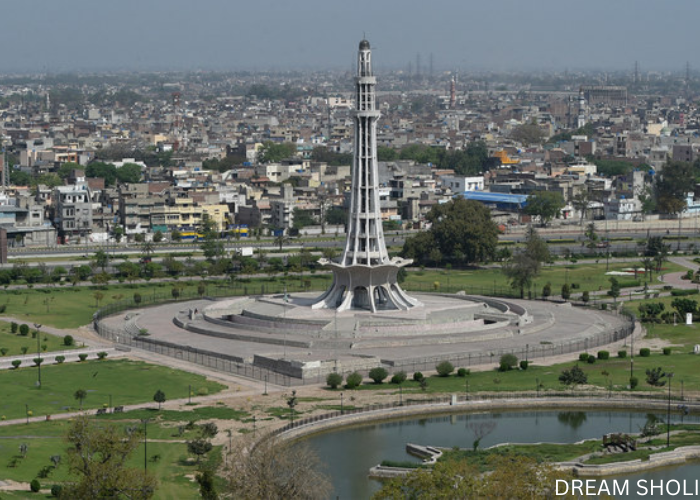
Lahore is often referred to as the “Heart of Pakistan” due to its significant contributions to the country’s cultural and political landscape. The city boasts an eclectic mix of traditional and modern influences, making it a fascinating destination for both locals and visitors. Lahore is alive with art, music, and literature. The city hosts numerous festivals, exhibitions, and performances, making it a hub for artists and creatives. The Lahore Museum, showcasing a vast collection of artifacts, and the Alhamra Arts Council, which promotes various art forms, are key institutions that reflect the city’s artistic spirit. The old city, or Walled City, is a labyrinth of narrow streets filled with vibrant bazaars, historic sites, and mouthwatering street food. Lahore is famous for its culinary scene, with dishes like biryani, nihari, and the city’s renowned kebabs drawing food enthusiasts from around the globe. The Lahore Food Street, particularly in the Gawalmandi area, offers a bustling atmosphere where visitors can indulge in traditional Pakistani cuisine. Allama Iqbal International Airport (LHE) serves as the primary airport for Lahore and is named after the famous poet-philosopher Allama Iqbal, who is a pivotal figure in Urdu literature and the ideological founder of Pakistan. As one of the busiest airports in the country, it connects Lahore to numerous domestic and international destinations, facilitating travel for business and tourism.
A thoughtfully planned city known for its picturesque beauty, modern infrastructure, and serene landscapes. Nestled against the backdrop of the lush Margalla Hills, Islamabad boasts a clean, green environment with an organized layout, wide roads, and numerous green spaces. The city is famous for its peaceful ambiance, contrasting with the bustling pace of other major cities in Pakistan, and it holds great political and administrative significance as the seat of the federal government. Islamabad is home to many prominent landmarks, including the majestic Faisal Mosque, one of the largest mosques in the world and an architectural marvel. Islamabad also offers a variety of recreational and cultural activities. Daman-e-Koh, a popular viewpoint, provides panoramic views of the city, while the hiking trails in the Margalla Hills offer an escape into nature. With Islamabad International Airport located approximately 20 kilometers from the city center, Islamabad is well-connected to both domestic and international destinations. This airport is the main gateway for travelers visiting Pakistan’s capital and handles a high volume of traffic, offering modern amenities and a range of services to enhance the travel experience. The airport’s efficient infrastructure aligns with the city’s modern development, underscoring Islamabad’s role as a critical center for business, tourism, and diplomacy in Pakistan.
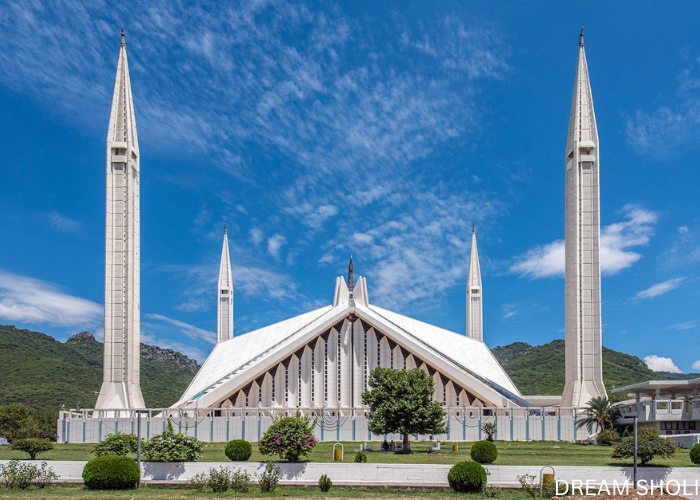
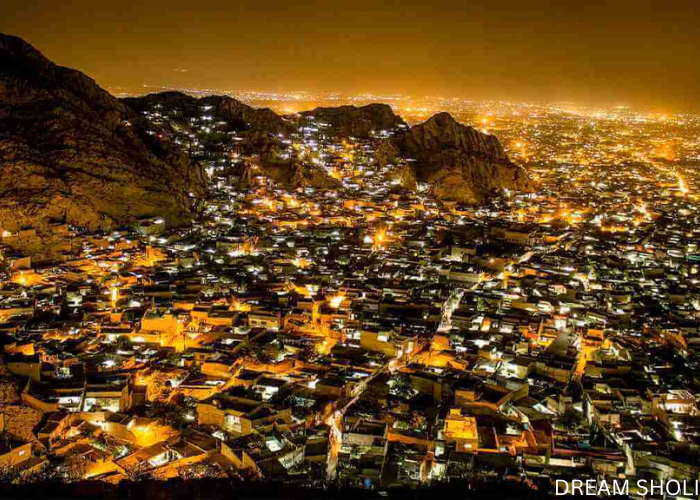
Nestled at the edge of the rugged Balochistan Plateau, Quetta is often referred to as the “Fruit Garden of Pakistan” due to its abundant production of fruits, particularly pomegranates and apricots. The city serves as a crucial cultural and economic center for the region, with a vibrant mix of ethnic groups, including Pashtuns, Baloch, and Hazaras, each contributing to the city’s rich tapestry of traditions and customs. The local bazaars are bustling with activity, offering a wide variety of goods, from traditional handicrafts to fresh produce, showcasing the vibrant culture and lifestyle of the residents. The food of Quetta is equally noteworthy, with local specialties such as Sajji (marinated lamb or chicken roasted whole), Balochi Kebabs, and various rice dishes that attract food lovers. The city is also known for its unique Pashto and Balochi music, which resonates through the streets and adds to its lively atmosphere. Quetta International Airport (UET) serves as the main aviation gateway for Balochistan, providing essential connectivity for both domestic and limited international travelers. The airport primarily handles domestic flights to major cities like Karachi and Islamabad but also offers select international flights, particularly to the Middle East, catering to the region’s expatriate population.

Explore the world effortlessly with our tailored travel packages. Let us handle the details while you create unforgettable memories.
Copyright 2024 Dream Sholi